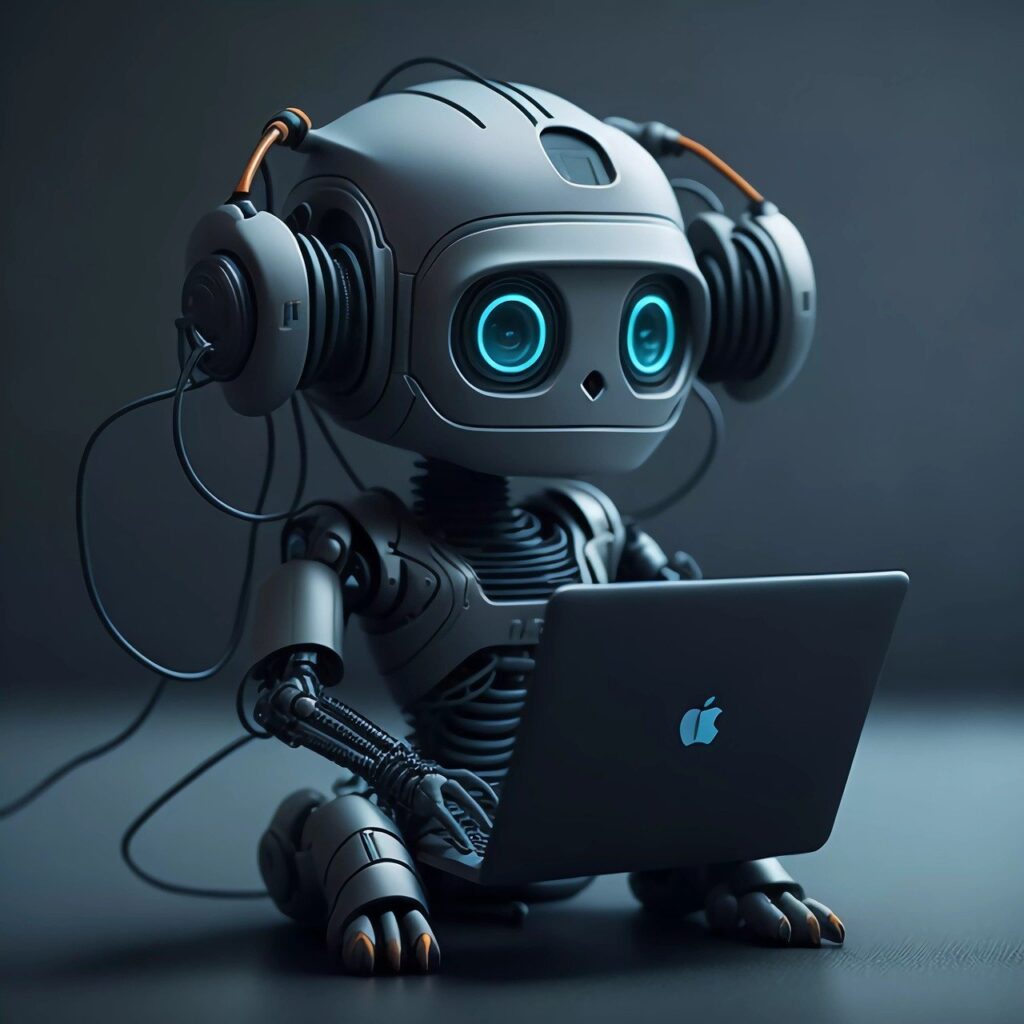Welcome to the world of Artificial Intelligence popularly known as AI. The invention of AI helps reshape industries and revolutionize the workforce, presenting challenges and opportunities for professionals across various fields.
There is no doubt that AI has become part and parcel of many industries which has given rise to one important question i.e., “Will AI take my job?” or “Will my job or work profile become redundant?” These questions constantly raise concerns while selecting a career option for the future. As we stand on the brink of a new era, it’s essential to understand how careers evolve and what skills will be necessary to thrive in this AI-driven world.
The Rise of AI: A Double-Edged Sword:
AI’s rapid advancements have sparked fears of job displacement, with many people worried that machines will replace them. Automation has indeed taken over some routine tasks. AI is also creating new opportunities that require a blend of technical expertise and soft skills. The key to navigating this transformation lies in understanding which roles are at risk and which are emerging.
Jobs involving repetitive, rule-based and conventional tasks are most vulnerable to automation. For instance, data entry and basic customer service roles are increasingly handled by AI systems. However, this doesn’t mean that the human workforce is becoming obsolete. AI has generated demand for new roles, such as data scientists, AI specialists, and machine learning engineers, who design, implement, and manage AI systems.
Careers That Will Thrive in the Age of AI:
While some jobs are automated, many careers will survive and even thrive in the AI age. These careers typically involve complex decision-making, creativity, emotional intelligence, or human interaction—areas where AI still falls short. Here are some examples of careers that are likely to continue flourishing:
- Healthcare Professionals: Doctors, nurses, and other healthcare providers will remain indispensable. AI can assist with diagnostics and treatment planning. However, the empathy and nuanced understanding required for patient care cannot be replaced by machines. Surgeons and therapists, for example, rely on a combination of technical skill and emotional intelligence that AI cannot replicate.
- Educators and Trainers: While AI can deliver personalized learning experiences, teachers play a crucial role in motivating, mentoring, and managing students. Educators are essential for fostering creativity, critical thinking, and social skills. Additionally, AI will create a demand for trainers who can teach both humans and machines, making education a resilient career path.
- Creative Professionals: Artists, writers, musicians, and designers will continue to thrive as creativity is a uniquely human trait. AI can assist in generating ideas or automating repetitive tasks, but it cannot create original art or express human emotion. Careers in creative fields will benefit from AI as a tool that enhances, rather than replaces, human creativity.
- AI and Robotics Specialists: As AI and robotics become more prevalent, the demand for professionals who can develop, maintain, and enhance these systems will grow. Careers such as AI researchers, robotics engineers, and machine learning specialists will be crucial for advancing the technology and ensuring it is used ethically and effectively.
- Social Workers and Psychologists: AI can analyze patterns in data to identify potential mental health issues, but the human touch in social work and psychology is irreplaceable. These roles require empathy, understanding, and building trust and relationships—skills that AI lacks.
- Legal and Compliance Experts: While AI can assist with legal research and document review, it cannot replace the nuanced understanding of the law that human lawyers and compliance officers provide. Careers in law will continue to thrive, especially those focused on areas where ethical judgment and interpretation are key.
- Human Resource Professionals: HR roles that involve recruiting, developing talent, and managing organizational culture will remain important. While AI can help with sorting resumes or tracking employee performance, the ability to understand and develop people is a human-centric skill that machines cannot duplicate.
The age of AI is not something to fear but to embrace. As AI continues to transform industries; human qualities such as —creativity, empathy, and ethical judgment—set us apart. While AI will undoubtedly transform the job landscape, it also presents a plethora of opportunities for those willing to adapt and learn. You can carve out a successful career in this exciting new world by staying flexible and open to new possibilities. AI is here to stay, and those who learn to work alongside it will find themselves well-positioned to thrive in the careers of tomorrow. Let’s embrace the change, invest in our skills, and prepare for a future where human ingenuity and artificial intelligence go hand in hand.
Disclaimer: These blogs are meant for informational purposes only. For any specific career-related queries, do connect us on Mob No: +91-9654692101 | Email: [email protected] | Website: www.kiyoshiedtech.com | Social Handles Available at Instagram: @kiyoshiedtech | YouTube: Kiyoshi edtech

